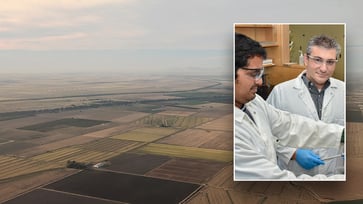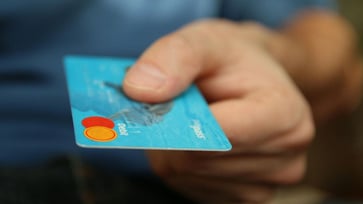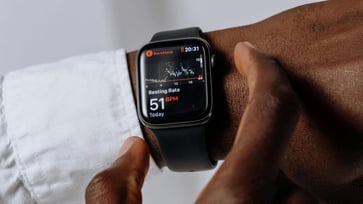7 things to avoid posting online to prevent harm.
One woman lost $430,000 in a romance scam.

An excessive number of individuals divulge personal information online, which increases the likelihood of falling victim to scams. Be cautious about sharing sensitive information.
Win an iPhone 16 Pro with Apple Intelligence without making a purchase. Simply enter now!
1. Your relationship status
Rosalie Douglass, a widow who tried online dating and listed her relationship status as "widow," was swindled out of $430,000 by two different scammers.
If you're a widow or widower, avoid posting about your dating and social media activities on your apps. It's better to keep your personal life private.
2. Your vacation plans
Tiffany shared pictures of her family's upcoming Carnival cruise on Facebook, unaware that her booking reference number was visible. Later that day, a scammer used her confirmation number to create a new Carnival account and cancel her trip, resulting in a $15,000 loss.

Don't reveal your vacation plans before or during your trip to avoid being robbed. Instead, take lots of pictures but wait until you're back home to share them.
3. Videos of you talking
With the help of artificial intelligence tools, it is now inexpensive and effortless for anyone to produce a deepfake video. A TikTok user named Sam recently claimed that a brand had stolen her likeness and utilized it to advertise a product. The brand accomplished this by using a video from Sam's social media account and deepfake software.
It is recommended to keep personal information limited when sharing online, especially high-quality photos and videos of oneself talking. Setting social media accounts to "private" is usually the best option for most people.
4. Expensive electronics you’re selling
A man from South Carolina advertised a rare PlayStation on a Facebook buy-sell-trade page. The individual who responded to the ad approached the man, brandishing a firearm, and took the PlayStation, as well as the man's phone, wallet, and watch. This was a terrifying experience.

To avoid being robbed, meet in a public place during the day and bring a friend. The local police department's parking lot should deter anyone who intends to steal from you.
5. Personal walking, hiking and biking routes
GPS-enabled fitness apps track more than just workouts, as I previously mentioned. I also shared with you the story of Secret Service agents who inadvertently revealed the locations of several high-profile individuals using the app Strava.
If you use a fitness app, you can adjust your settings to private. However, disabling GPS completely will also disable the app's functionality.
6. Your kids' school or activities
You want to showcase your children's achievements online but be cautious about posting photos in front of their school or sharing their weekly sports schedule as you cannot predict who is observing.

Rewritten sentence: Can you provide me with information about the best schools in the area for children with special needs?
7. Your work details
The risk lies in falling victim to a scam that uses personalized information to target individuals, with mid- and high-level employees being particularly vulnerable due to their access to company finances.
Be cautious about sharing personal information online, as it can be used to scam you.
Rewritten sentence: "I recently landed a new job at a prestigious company."
Get tech-smarter on your schedule
Award-winning host Kim Komando is your secret weapon for navigating tech.
- Across the U.S., there are over 500 radio stations airing National Radio. You can find your local station or listen to the free podcast.
- Daily newsletter: Join 509,000 people who read the Current (free!)
- Watch: On Kim’s YouTube channel
- Podcast: "Kim Komando Today." Listen wherever you get podcasts
Copyright 2025, WestStar Multimedia Entertainment. All rights reserved.



















